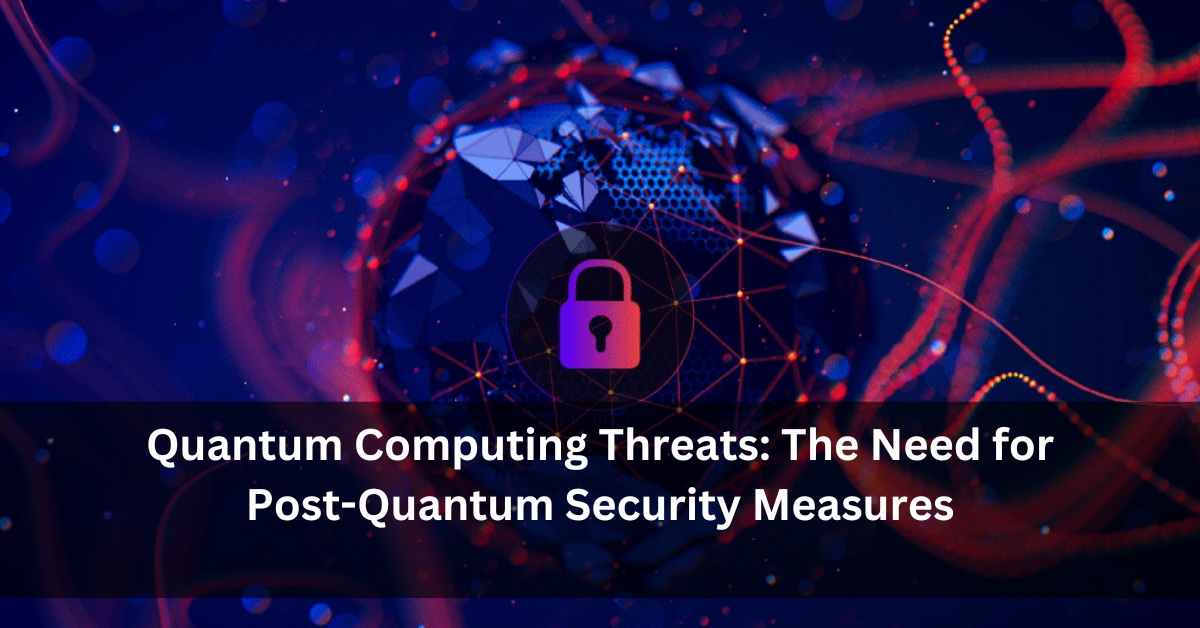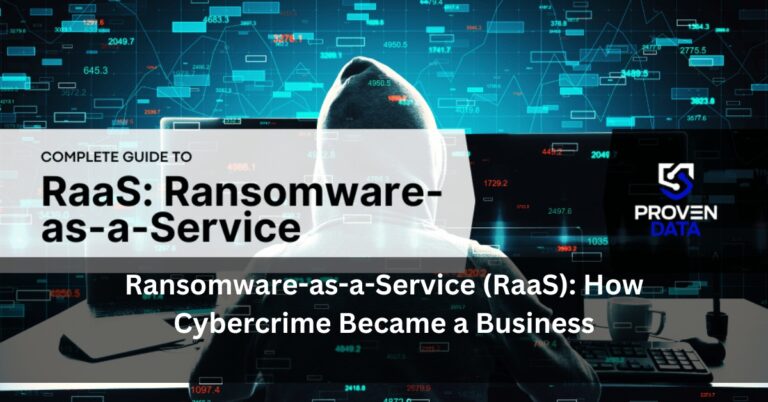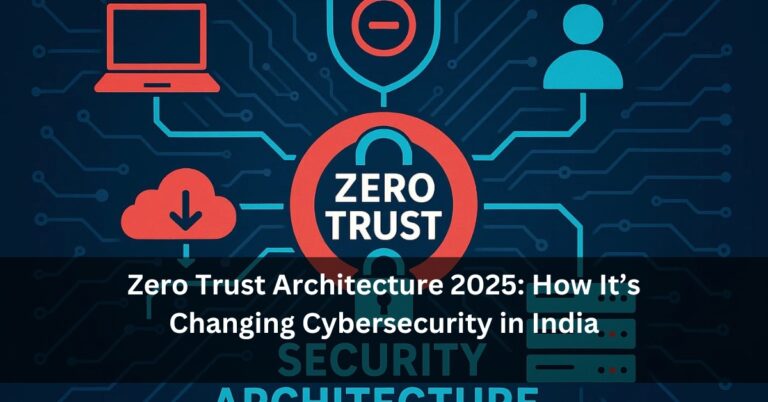Quantum Computing Threats: The Need for Post-Quantum Security Measures
Stay Ahead of Cyber Risks in India’s Digital Age
Quantum computing may sound like science fiction, but it’s becoming a real part of our future — and fast. While this new technology offers great benefits, it also brings a serious risk to the way our digital world is protected today. From WhatsApp chats to bank transactions, quantum computers can break many of the security systems we trust.
Let’s understand what this threat means, why it matters for India, and how we can prepare ourselves with post-quantum security.
What Is Quantum Computing?
Before we talk about the risk, let’s break down what quantum computing is — in simple words.
Today’s computers use “bits” — tiny switches that are either off (0) or on (1). But quantum computers use “qubits,” which can be both 0 and 1 at the same time. This ability makes quantum computers incredibly powerful. They can solve certain problems much faster than any regular computer, including the ones that power today’s banking systems, websites, and even Aadhaar data centers.
Why Is Quantum a Threat to Our Online Security?
Most of the security online today is based on complex math problems that are very hard for normal computers to solve. This is how encryption works — it keeps hackers out of our private data.
But here’s the problem: quantum computers will be able to solve those same math problems in minutes or even seconds. That means:
- Bank transactions could be decoded
- Medical records might be exposed
- Even government defense systems could be at risk
In short, quantum computing threatens the backbone of digital security.
What Is Post-Quantum Cryptography (PQC)?
To fight this threat, experts around the world are working on Post-Quantum Cryptography — or PQC.
PQC is a new type of digital lock that even quantum computers can’t easily break. It uses different kinds of math that are believed to be safe, even in a future full of quantum computers.
Countries like the USA, China, and Germany are already adopting PQC standards. And yes — India is getting ready too.
How Is India Responding?
India is not sitting quietly. Here are some key steps our country has taken:
National Quantum Mission (NQM)
The Indian government has launched a ₹6,000 crore project called the National Quantum Mission. This includes research, training, and building quantum computers right here in India.
New Quantum Courses
Universities like Andhra University and IISc Bengaluru are starting new courses to train Indian engineers and scientists in quantum tech.
RBI & Financial Sector
A recent study by the ISB Institute of Data Science said India’s banks are not fully ready for quantum threats. This is a red flag — especially for digital banks, payment apps, and fintech startups.
What Can We Do to Prepare?
You don’t need to be a scientist to take steps toward quantum safety. Here’s what companies and individuals in India should do:
1. Raise Awareness
If you work in IT, finance, or cybersecurity, start learning about quantum risks. Free courses and webinars are now available.
2. Audit Existing Systems
Organizations should start reviewing their current encryption methods and identify weak spots.
3. Follow NIST Guidelines
The US-based National Institute of Standards and Technology (NIST) has already chosen 4 quantum-safe encryption methods. Indian companies can start testing these algorithms.
4. Collaborate with Experts
Tie up with cybersecurity firms and research institutions. Stay updated with government recommendations on PQC.
Real-World Impact: Why You Should Care
This isn’t just about big companies. Here’s how quantum threats affect ordinary people in India:
- Your UPI data could be hacked if not protected by quantum-safe encryption
- Your Aadhaar and PAN details may not be safe in the long run
- College records and health reports stored online could be exposed
The solution? Early action. PQC must be adopted before quantum computers become widely available.
Latest Global Update (2025)
As of March 2025, NIST has finalized the first batch of PQC standards. Major tech companies like Google, Amazon, and IBM have already started testing these methods. In India, top IT companies like Infosys and Wipro are exploring PQC options for secure client communication.
Final Thoughts: India Must Be Ready
Quantum computing is no longer just a topic for scientists — it’s something that concerns every internet user, especially in a growing digital economy like India’s. From small startups to big banks, the need for post-quantum security is urgent.
We at Bloggers Hub believe that awareness is the first step toward protection. That’s why we bring you the latest updates in tech, explained in simple language.
Stay Connected with Bloggers Hub
✅ Follow our Tech section for updates on cybersecurity and future tech
✅ Share this article with friends who work in IT, finance, or government sectors
✅ Learn how you can future-proof your systems today
FAQs
Q1. What is the biggest threat from quantum computers?
They can break the encryption we use to protect our online data.
Q2. When will quantum computers become common?
Experts say it may take 5 to 10 years, but we need to act now.
Q3. Is India ready?
Work is in progress, but many sectors are still not fully prepared.
Q4. What is the solution?
Post-Quantum Cryptography — a new form of encryption that is safe even from quantum attacks.
Let’s secure India’s digital future — one step at a time. Only on Bloggers Hub.







